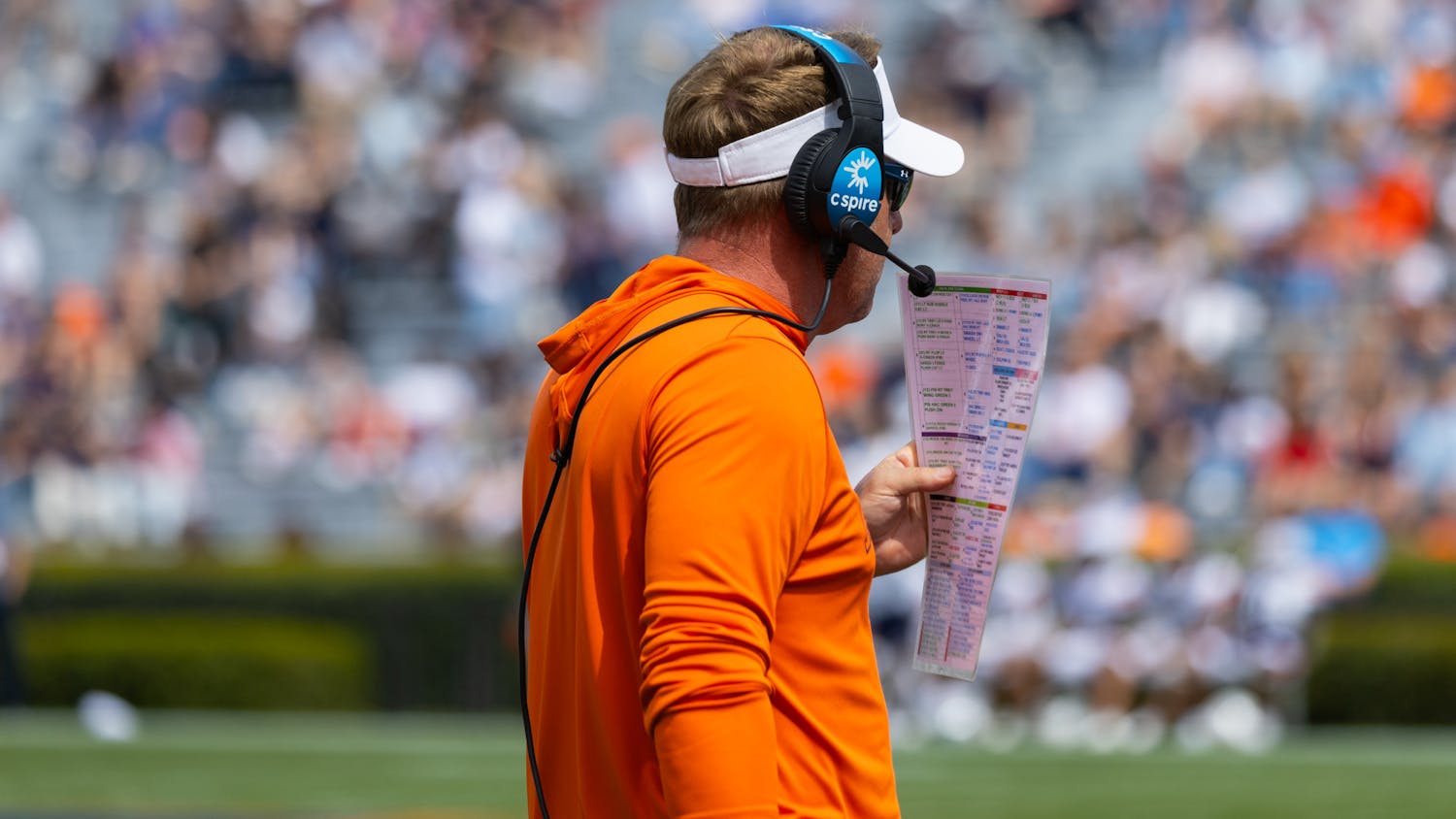The recent two-day federal government shutdown left the fates of tens of thousands of children in the air while Congress battled over the most recent spending bill.
The Children’s Health Insurance Program, known as ALLKids in Alabama, has been funded for six years in the most recent spending bill passed by lawmakers.
ALLKids provides coverage for over 85,000 children in Alabama. This program provides regular check-ups and immunizations, sick child doctor visits, prescriptions, vision and dental care, hospitalization, mental health and substance abuse services and much more.
ALLKids has a three-fold effect on the residents of Alabama: it provides necessary health care services to previously uninsured children, alleviates economic stress on working families to afford health insurance and sets up our state and country for success by providing a healthy start to the future of our nation and workforce.
“(This program) provides coverage for uninsured children whose family income is above Medicaid," ALLKids director Cathy Caldwell said. "It’s really for working families who can’t afford private insurance.”
René McEldowney, professor in health services administration at Auburn University, relayed this sentiment.
"These are working families, which means they are going to be under increasing economic duress," she said. "What’s great is it is not free charity – the parents do pay premiums, but are they really affordable?”
While ALLKids is funded by taxpayer money at the federal level, McEldowney said this program saves money by preventing illness and providing check-ups and immunizations to minimize healthcare costs down the road.
“This program is pennies up front but saves thousands on the back end,” she said.
With the long-term cost savings, there also comes the long-term benefits for every citizen of Alabama and the nation in which 9 million children are provided health insurance through CHIP.
“This program serves a long-term interest because children who are healthy are able to better learn and can have a more productive workforce,” McEldowney said.
The government shutdown did have one winner after the dust settled, the national CHIP program. While the bipartisan agreement has been hard to come by in recent years, it is easy to see that the funding of CHIP was a priority for both sides of the aisle in the passing of the recent spending bill.
Do you like this story? The Plainsman doesn't accept money from tuition or student fees, and we don't charge a subscription fee. But you can donate to support The Plainsman.



